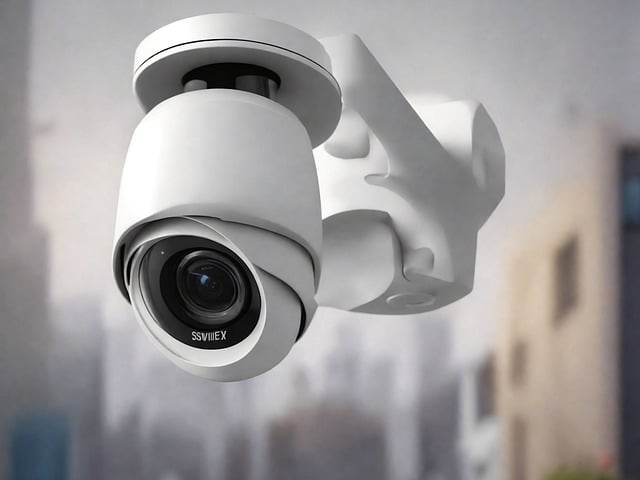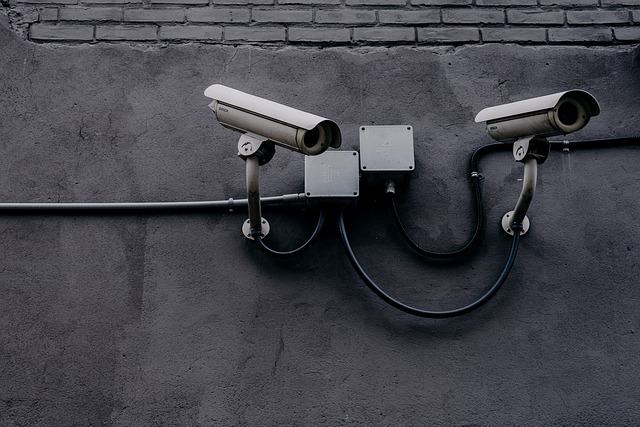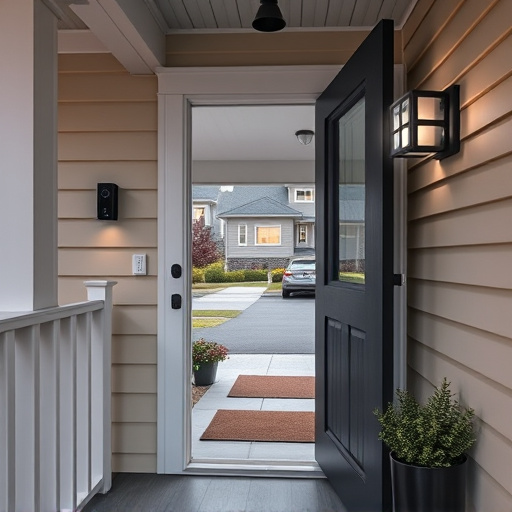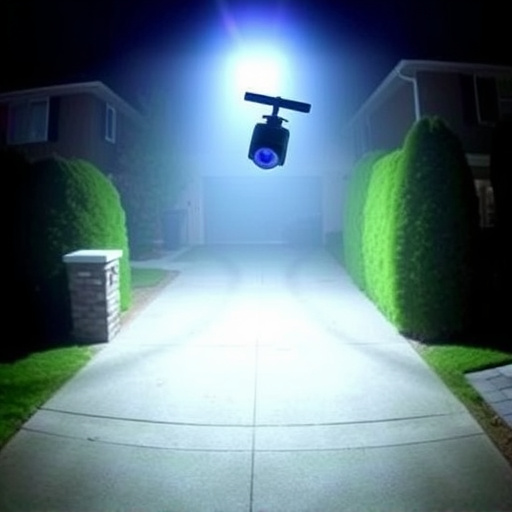Professional security monitoring services offer 24/7 protection with advanced tech, but weigh home monitoring pros and cons against individual needs. Benefits include enhanced safety and peace of mind, while drawbacks like high costs, privacy concerns, and false alarms require a security service evaluation. Assess technology, response time, and customer reviews to ensure a reliable monitoring service assessment. For businesses, professional security monitoring enhances asset protection with 24/7 surveillance, but consider recurring costs and privacy issues during evaluation. A thorough assessment is crucial for choosing a reputable provider that maximises benefits while mitigating drawbacks.
Considering hiring professional security monitoring services? This comprehensive guide explores both the advantages and disadvantages. From enhanced safety and peace of mind for homes to improved asset protection for businesses, we delve into the benefits of home monitoring. Conversely, we also examine the potential drawbacks and challenges, offering key factors to consider in any security service evaluation. By weighing the pros and cons, you’ll be better equipped to assess the value and make an informed decision.
- Understanding Professional Security Monitoring Services
- Benefits of Home Monitoring: Enhanced Safety and Peace of Mind
- Drawbacks and Challenges of Monitoring Service Utilization
- Evaluating Security Service: Key Factors to Consider
- Potential Pros for Businesses: Improved Asset Protection
- Assessing the Value: Weighing Advantages and Disadvantages
Understanding Professional Security Monitoring Services

Professional security monitoring services play a crucial role in safeguarding properties and assets. These services employ advanced technology, such as surveillance cameras, motion sensors, and real-time data analytics, to monitor homes or businesses continuously. Professional monitors are available 24/7, ensuring immediate response to any potential threats. This proactive approach enhances security by deterring criminals and providing peace of mind.
When evaluating the benefits of home monitoring, it’s essential to consider its drawbacks. While professional security monitoring offers improved detection rates and swift reaction times, it comes at a cost. Monthly fees, installation expenses, and contract obligations can add up significantly. Moreover, privacy concerns arise due to constant surveillance, especially with data storage and third-party access. A thorough security service assessment should weigh these factors to determine if the pros of professional monitoring outweigh the cons for individual needs.
Benefits of Home Monitoring: Enhanced Safety and Peace of Mind

One of the primary advantages of hiring professional security monitoring services is the enhanced safety and peace of mind it provides. With 24/7 surveillance, homeowners can rest assured that their property is being watched by trained professionals who are equipped to handle any potential threats or intruders. This real-time monitoring allows for swift responses to alerts, whether it’s a break-in attempt, suspicious activity, or an emergency situation. The sense of security offered by these services is invaluable, especially for individuals living alone or in areas with higher crime rates.
During a security service evaluation, the benefits of home monitoring become evident. It allows homeowners to live worry-free lives, knowing that their family and property are protected. Additionally, many monitoring services offer advanced features like motion detection, video surveillance, and automated alerts, further reinforcing the safety measures in place. However, when considering the drawbacks of monitoring services, it’s essential to weigh these pros against potential costs, privacy concerns, and the occasional false alarms that might occur during the assessment process.
Drawbacks and Challenges of Monitoring Service Utilization

While professional security monitoring offers numerous benefits to homeowners, there are also several drawbacks and challenges to consider before signing up for such a service. One significant concern is cost; these services can be expensive, with varying rates based on factors like location, level of protection required, and additional features desired. This expense may not be feasible for all homeowners, especially those operating on tight budgets.
Another challenge lies in the potential for false alarms, which can lead to unnecessary stress and response fees. Security systems are not infallible, and environmental factors or accidental triggers can cause them to sound off prematurely. Moreover, relying solely on remote monitoring may leave physical vulnerabilities unaddressed, as it doesn’t replace the presence of a human security guard in situ. Assessing these drawbacks requires a thorough security service evaluation to ensure the chosen provider aligns with individual needs and offers cost-effective solutions tailored to specific situations.
Evaluating Security Service: Key Factors to Consider

When evaluating professional security monitoring services, several key factors come into play. Firstly, consider home monitoring pros and cons based on your specific needs. Security services offer benefits like 24/7 vigilance, rapid response to alerts, and peace of mind, making them attractive for homeowners concerned about safety. However, the drawbacks of monitoring services include initial setup costs, ongoing subscription fees, and potential false alarms.
Assessing a security service involves examining their technology, customer support, and reliability. Look for providers that use advanced equipment like HD cameras with night vision, motion sensors, and glass-break detectors. Check their response time to alerts—a crucial aspect of any security service evaluation. Additionally, consider customer reviews and ratings, which can provide valuable insights into the service’s quality and professionalism.
Potential Pros for Businesses: Improved Asset Protection

Hiring professional security monitoring services offers several potential pros for businesses, especially in terms of improved asset protection. By implementing a robust security monitoring system, businesses can safeguard their physical assets, such as inventory, equipment, and sensitive information. Professional security monitoring involves round-the-clock surveillance, allowing immediate response to any potential threats or unauthorized access. This proactive approach enhances the overall security posture of a business, reducing the risk of theft, damage, or loss.
When evaluating security services, it’s crucial to consider both the benefits of home monitoring and its drawbacks. The advantages include increased peace of mind for business owners, as they can trust that their assets are being closely watched. Additionally, these services often provide advanced technology, such as high-definition cameras, motion sensors, and real-time alerts, which further bolster asset protection. However, the drawbacks may include recurring costs associated with monitoring services, as well as potential privacy concerns if not properly addressed during the assessment process. A thorough security service evaluation is essential to ensure that the chosen provider aligns with the specific needs and expectations of the business.
Assessing the Value: Weighing Advantages and Disadvantages

When considering professional security monitoring services, it’s crucial to engage in a thorough evaluation that weighs both the benefits and drawbacks. The value of home monitoring lies in its ability to provide continuous surveillance, rapid response to alerts, and peace of mind for homeowners, especially when they’re away or asleep. Advanced systems can detect unusual activities, like break-ins or fires, and notify authorities instantly. This real-time protection is a significant advantage, ensuring potential threats are addressed swiftly.
However, monitoring services also come with certain drawbacks. The primary consideration is cost; these services often require substantial upfront investment in equipment and ongoing monthly fees. Privacy concerns are another factor, as some systems collect extensive data that may be shared with third parties. Additionally, there’s the risk of false alarms, which can lead to unnecessary stress and emergency response costs. Reliable service quality varies among providers, and choosing a reputable company is essential to avoid these drawbacks and maximize the benefits of professional security monitoring.






